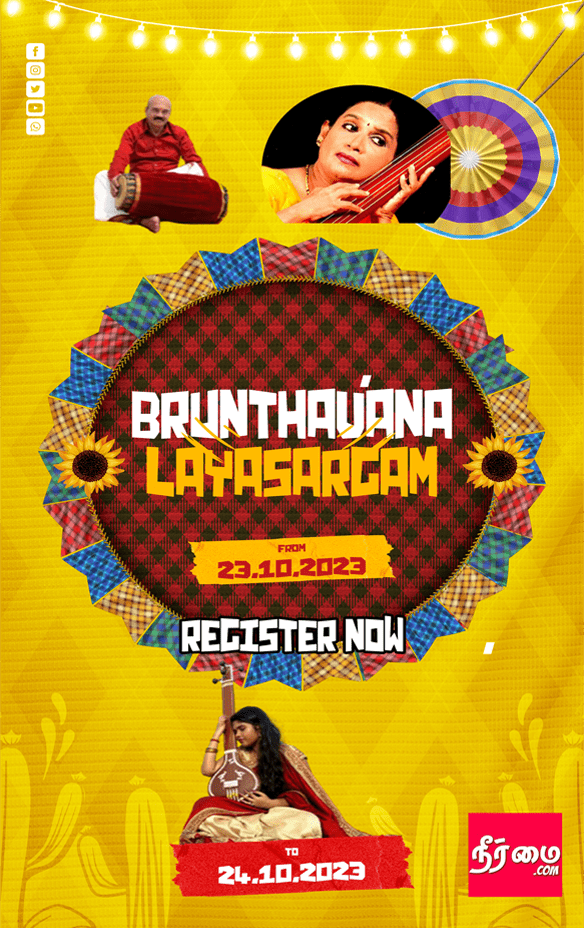Love is a universal human experience. It transcends borders, cultures, and even time itself. When two people understand each other deeply, share the same values, and hold similar beliefs, it is often assumed that they are perfectly suited to spend their lives together. Yet, when it comes to marriage, the simplicity of love often gets entangled in a web of social constructs. Family expectations, religious beliefs, caste systems, community pressures, and even language barriers come into play, often preventing people from forming lifelong unions with their ideal partners.
As humans, we recognize that life is short, and we are meant to live in harmony, helping and supporting one another. Yet, societal norms and materialistic values seem to have taken precedence over love and understanding. In this article, we will delve into the ways in which society has created artificial barriers to genuine human connections and how ancient wisdom, found in both religious texts and global traditions, provides a more holistic and harmonious perspective on life.

The Core of Human Connection: Love and Understanding
At its core, love is a bond that is based on mutual understanding, respect, and emotional connection. When two people find common ground and share the same outlook on life, their union can be a source of peace and joy. In essence, such partnerships are what human relationships should be about—supporting each other through the journey of life.
However, in the modern world, these natural bonds often get disrupted by societal constructs that demand certain criteria be met before a marriage is considered acceptable. Whether it’s the approval of family members, adherence to religious traditions, or the matching of caste and community, the barriers placed in the path of genuine love can be overwhelming.

It is important to reflect on how these constructs can rob us of authentic relationships. In many cases, the ideal partner for an individual might not fit the traditional mold. Yet, due to pressures from family and society, people often feel compelled to follow the established path, leading to the loss of potentially meaningful connections.
The Role of Money in Relationships: The True Obstacle to Love?

One of the most significant issues in modern relationships is the overwhelming focus on money. When financial stability becomes the foundation of a relationship, love is no longer the primary driving force. While money is necessary for survival and comfort, it should not dictate the success or failure of a union. Yet, we see that in many cases, couples are drawn apart by financial concerns, and love is forgotten.
Many people have become so reliant on money that they start to lose sight of the emotional and spiritual aspects of relationships. This often leads to hurt, betrayal, and broken promises as individuals focus more on personal gain than on the well-being of their partners. When money becomes the basis of relationships, genuine love is eroded, and emotional connections are replaced by transactional exchanges. This phenomenon is particularly evident in the modern world, where wealth is often seen as a measure of success, even in personal relationships.

Societal Constructs: Marriage as a Social Contract
The concept of marriage itself has undergone significant transformations over time. Historically, marriage was seen as a personal agreement between two people, often based on mutual affection or the need for partnership in survival. However, as human societies became more structured, marriage evolved into a social institution, governed by rules and traditions that were often disconnected from the personal preferences of the individuals involved.
In many parts of the world, including South Asia, marriage is still largely determined by family expectations, religion, caste, and community norms. Rather than being a personal commitment between two individuals, it becomes a way to maintain social order, preserve traditions, or even secure financial benefits. In such contexts, love and personal compatibility take a back seat to social acceptance.

Religion and Marriage: A Misinterpreted Connection
Religions across the world have long guided human behavior, including the institution of marriage. But in many cases, religious teachings have been interpreted in ways that impose unnecessary restrictions on who individuals can marry. This is particularly true when it comes to interfaith marriages or unions across caste lines.

For example, in Islam, marriage is described as a sacred contract between two consenting individuals who are expected to treat each other with love, respect, and kindness. However, cultural practices in some Muslim societies often impose additional restrictions, such as the requirement to marry within the same community or even within the same extended family. The Quran itself emphasizes love, respect, and mutual understanding between spouses, but cultural practices have sometimes overshadowed these teachings.
Similarly, in Hinduism, the caste system has traditionally played a significant role in determining marriage eligibility. While the Bhagavad Gita speaks of the unity of all beings and the importance of love and understanding, social norms have often prioritized caste-based marriages to preserve community hierarchies.

In Christianity, marriage is regarded as a sacred union, but the division of denominations often makes it difficult for people of different Christian sects to marry without controversy. This again highlights how social and religious structures have interfered with the simplicity of love and human connection.
A Global View: Are We All Caught in the Same Cycle?

These societal constraints are not limited to any one culture or religion. Across the world, we see that societal pressure often overrides the natural inclination of individuals to seek meaningful, loving relationships. Whether it is the expectation to marry within one’s race, religion, or social class, these rules have prevented countless individuals from forming unions based on mutual respect and understanding.
For instance, in modern Western societies, marriage has also become commercialized and materialistic. The focus is often on lavish weddings and financial compatibility, rather than on the emotional and spiritual bonds between the couple. Divorce rates have risen sharply in many countries because relationships built on financial or social factors tend to break down once those external pressures fade.

In East Asian cultures, arranged marriages were traditionally common, where families would match their children based on economic compatibility rather than emotional or romantic attraction. While this practice has evolved, many societal expectations remain, placing unnecessary burdens on individuals to conform to their families’ desires.
S*x and Society: A Taboo Topic
Interestingly, while society places so much emphasis on following the rules of marriage and relationships, there remains a significant double standard when it comes to sex. S*xual desire is a natural human inclination, and many religious and social systems have sought to regulate it. However, statistics reveal that, despite these restrictions, people continue to search for ways to express their desires.

For example, it’s widely reported that Sri Lanka ranks among the highest in search engines searches for the term “s*x”, with 80% of the searchers being women. This statistic highlights the discrepancy between what people openly admit to and what they privately seek out. While s*x remains a taboo subject in many cultures, especially in traditional societies, it is clear that human beings are naturally inclined to explore their s*xuality, often in contradiction to the restrictive norms placed upon them.
Conclusion: Reimagining Love, Marriage, and Human Connection

As we reflect on the nature of love, marriage, and societal expectations, it becomes evident that modern society has complicated what should be a natural and fulfilling aspect of human life. Love is a simple, beautiful connection between two people who share a deep understanding and respect for each other. However, this connection is often disrupted by the artificial barriers that society has created in the name of religion, tradition, and status.
Religious texts from around the world emphasize the importance of love, kindness, and mutual respect. Yet, these core messages have often been overshadowed by cultural interpretations that prioritize social constructs over personal happiness. To move forward as a global community, we must begin to challenge these norms and place greater value on human connection over social conformity.

Ultimately, we must ask ourselves: Are we truly living our lives in alignment with the principles of love and compassion that our faiths and cultures teach us, or have we allowed money, status, and society to dictate our relationships? By returning to the essence of love, we can build a world where human beings live not by rules, but by mutual respect, understanding, and love for one another.


































